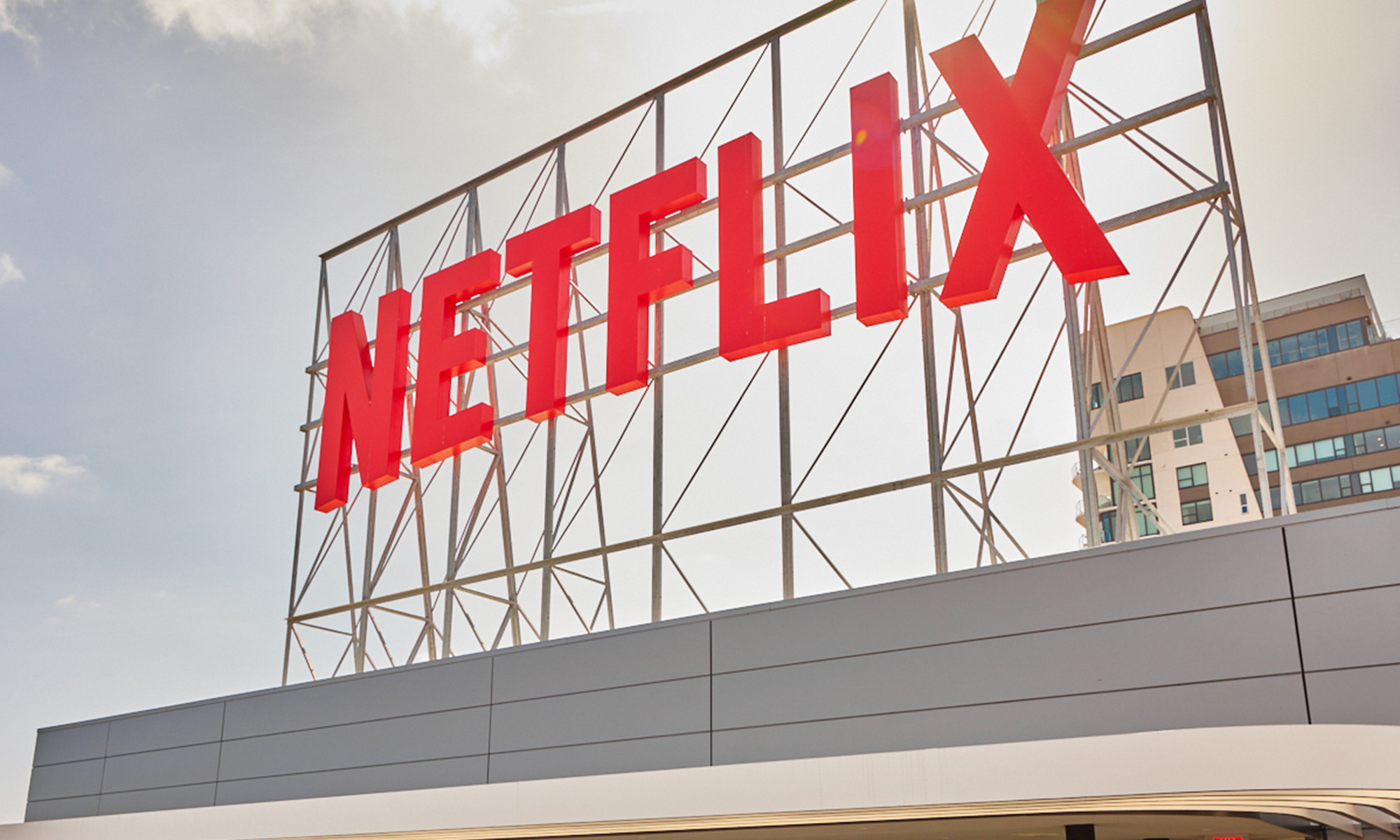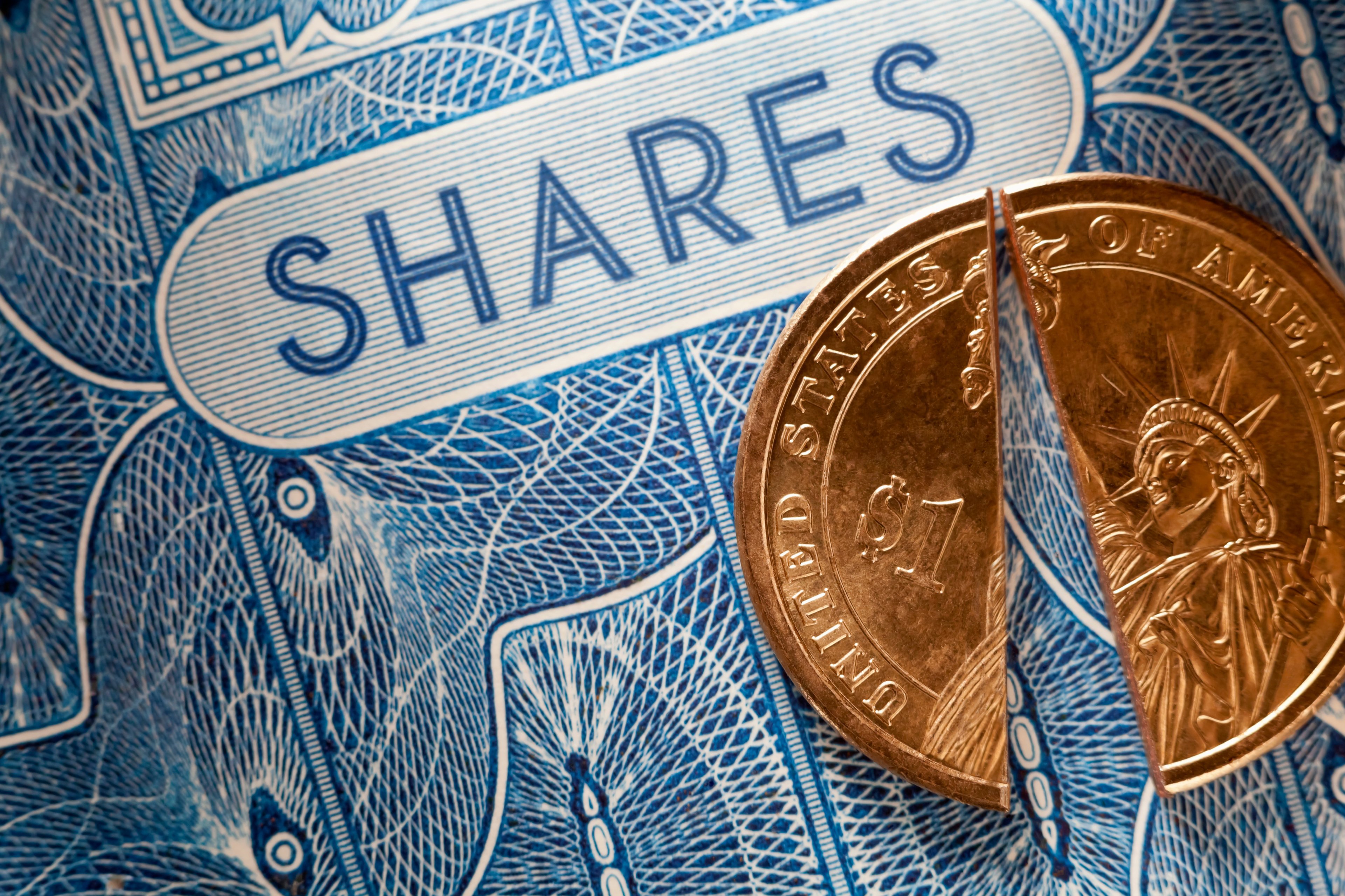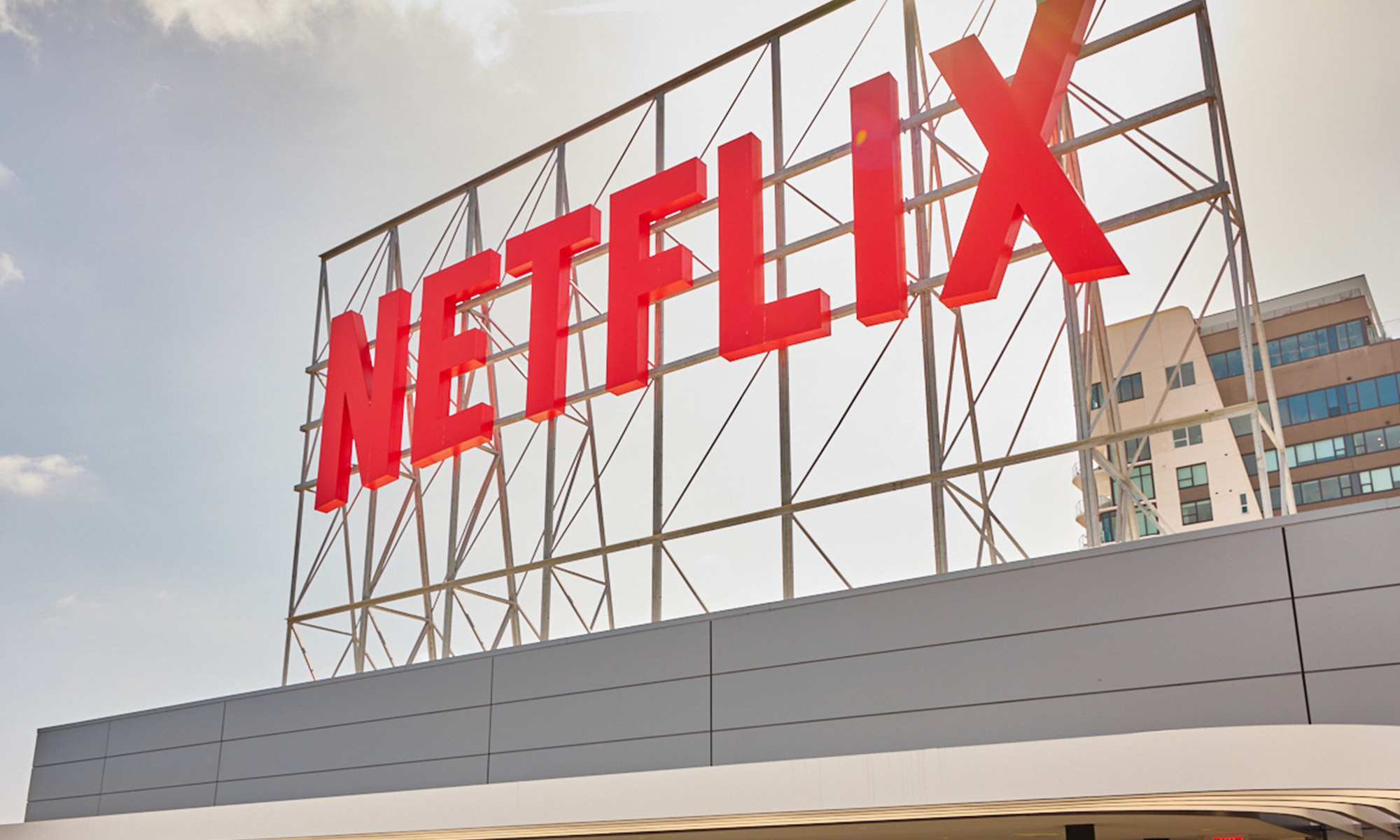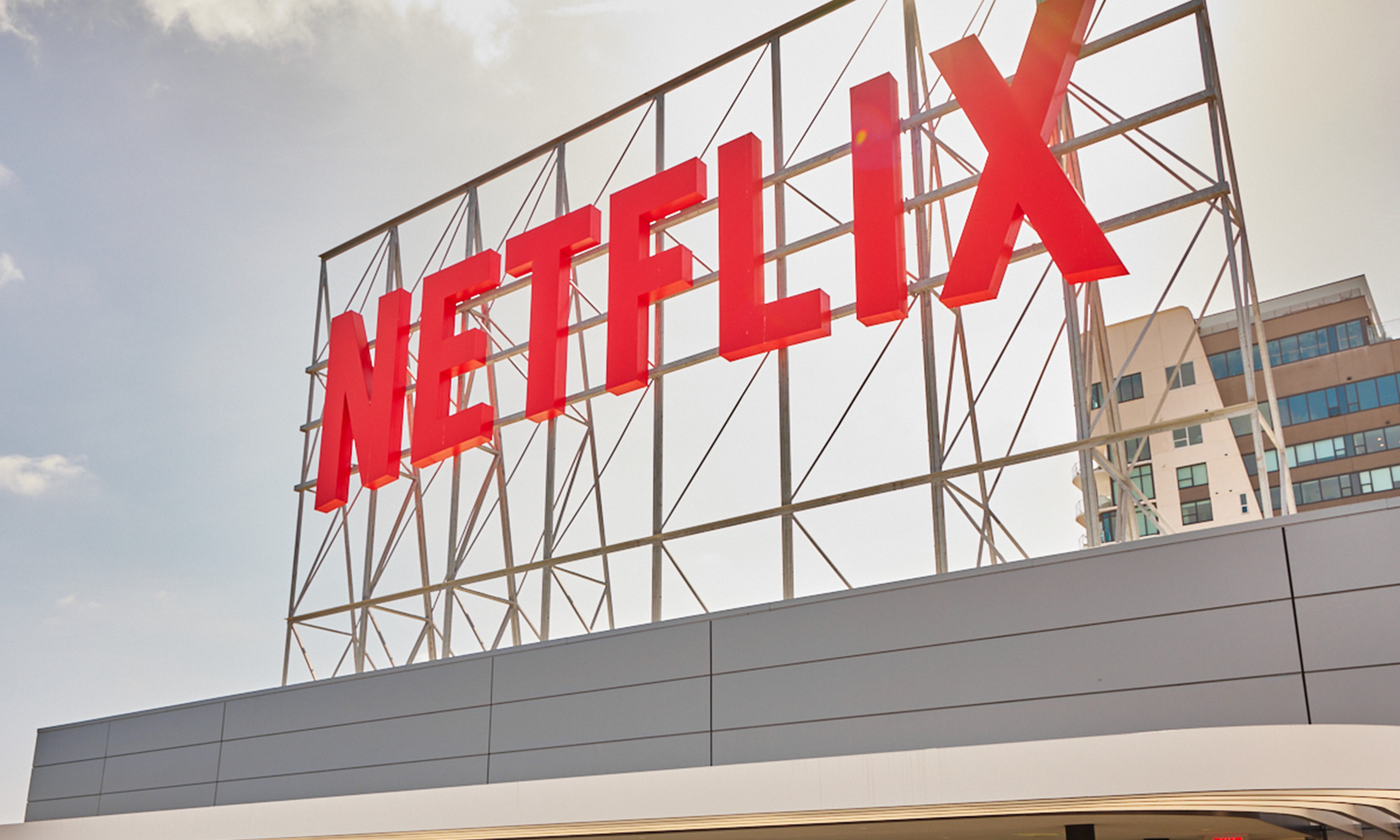Netflix (NFLX +1.18%) isn't just eyeing TV shows in its push for original streaming content. In a world where it's starting to bid against Amazon.com (AMZN 1.78%) and now a reinvigorated Hulu for proprietary content, Netflix is looking beyond the serialized dramas and cult sitcom revivals that have proved magnetic to both audiences and Emmy nominations.
"We will be expanding our Originals initiative to include broadly appealing feature documentaries and stand-up comedy specials," the video service revealed during its poorly received quarterly report on Monday. "Netflix has become a big destination for fans of these much loved and often under-distributed genres."
It's a no-brainer, really. Netflix has the necessary girth to bankroll documentaries and one-shot comedian performances. It closed out the second quarter with 29.8 million domestic streaming subscribers and another 7.8 accounts overseas.
Yes, let's not dismiss the overseas potential. Many stand-up routines won't resonate or stand well abroad, but documentaries are pretty universal. They can also be seamlessly dubbed into different languages.
The downside to all of these documentaries and comic shows that are coming is that they aren't the multi-episode shows that have fed into the binge viewing culture that Netflix is using to bludgeon traditional TV programming. A documentary is a one-time feature that's typically the length of a movie. A stand-up special is even shorter.
However, these media forms are also cheap enough to produce that Netflix can do more than just pay up for first-run licensing rights. It can actually own them.
Wedbush Securities analyst Michael Pachter -- a notorious bear who's been burned with his $65 price target on Netflix that he recently raised to $80 -- argued on Yahoo!'s Breakout last week that Netflix isn't a fitting rival to Time Warner's (TWX +0.00%) HBO because it doesn't own its original programming the way HBO does with Game of Thrones or The Sopranos.
This is something that became abundantly clear when Amazon.com began selling House of Cards on DVD this summer.
Pachter is wrong, of course. No one argues that cable companies and radio stations are worthless if they don't own production studios. However, there's a point to be made about actually owning the content to make it permanently exclusive or to cash in on syndication rights and DVD distribution, if you decide to go that route.
Netflix should be able to afford to own a lot of its future content as it moves beyond serialized dramas and lavish television shows. It's a good plan, especially since Netflix is the only company with a large enough audience to go this route.






